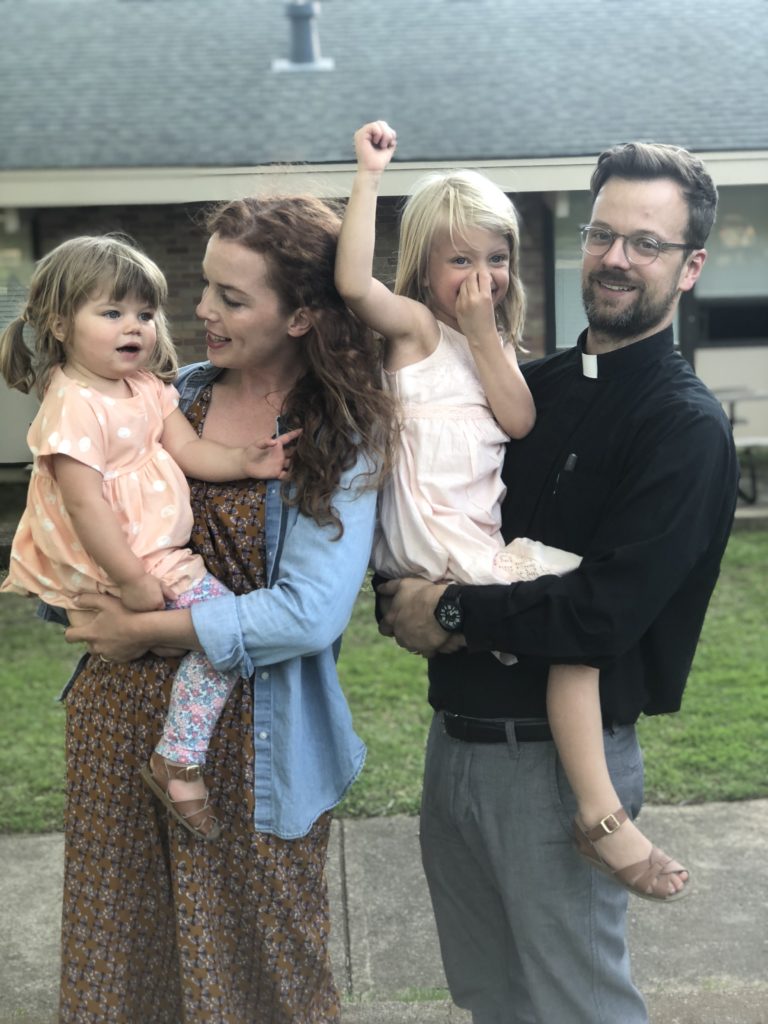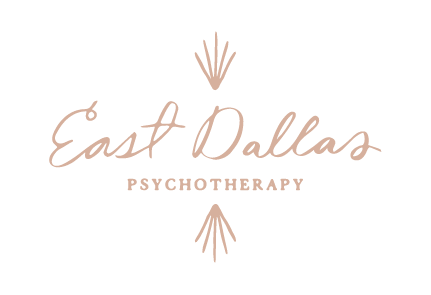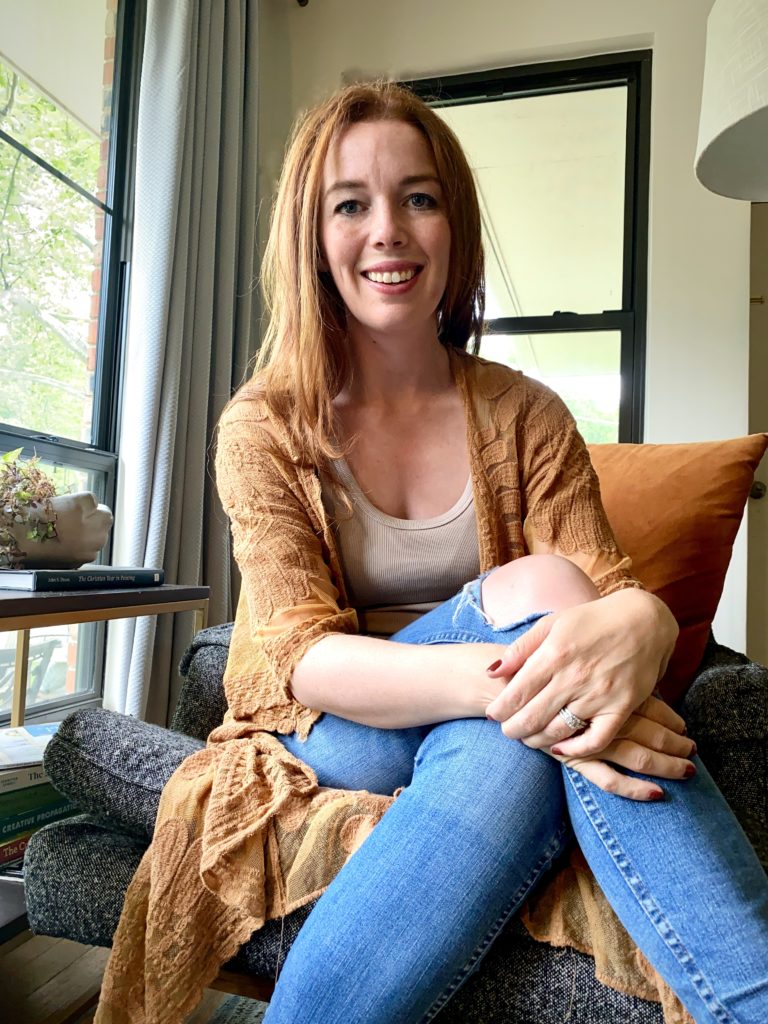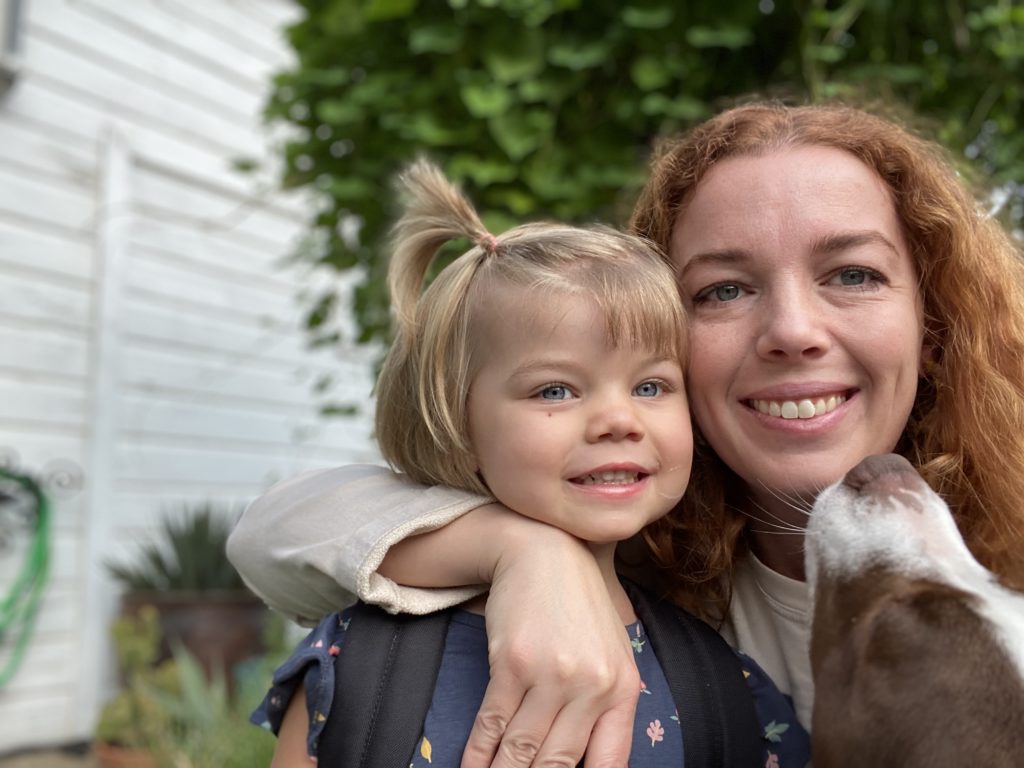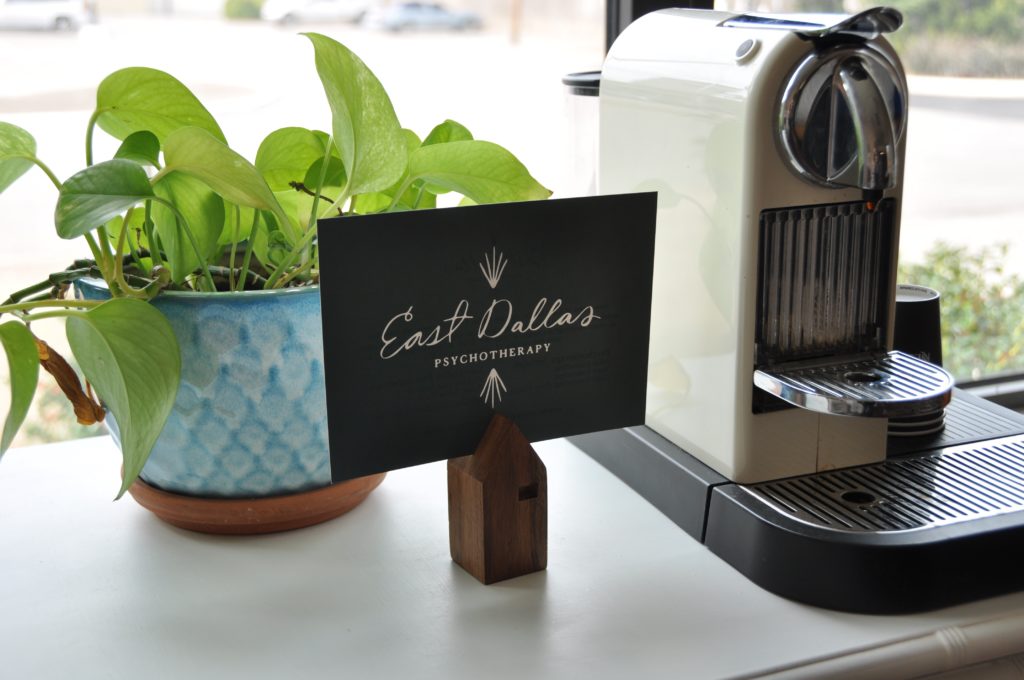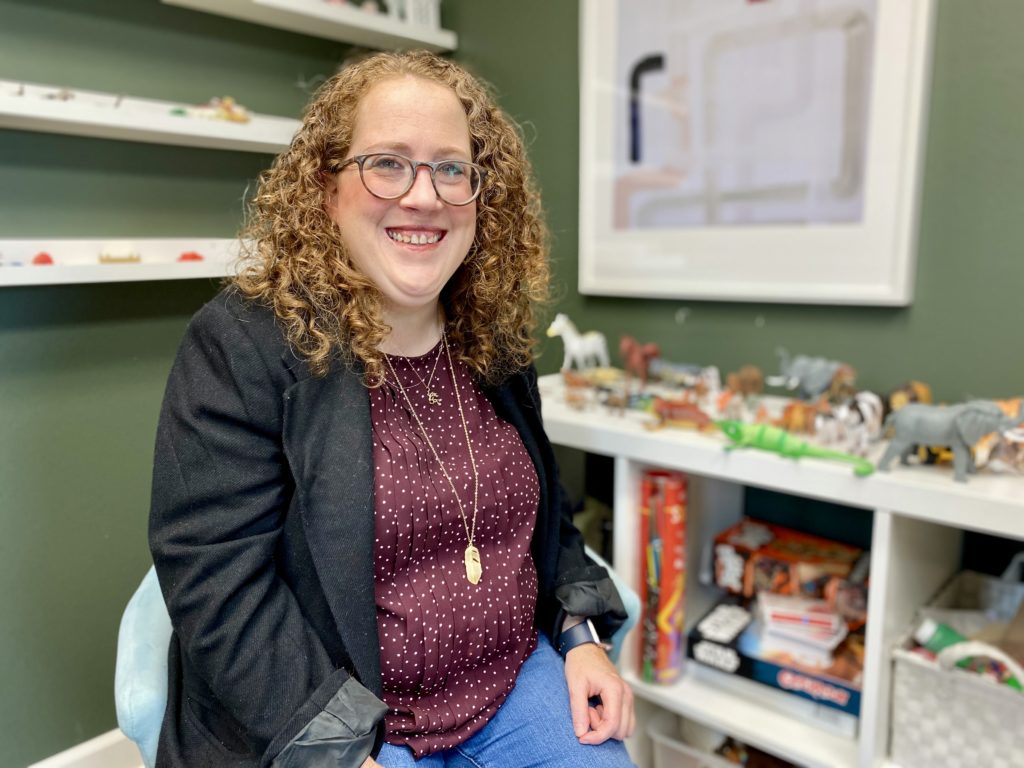What does kid’s anxiety look like?
Parents, I know back to school is a stressful time for everyone. ESPECIALLY right now, we’re all facing fears and changes that aren’t easy.
When your kid isn’t coping very well- it can be tough to figure out what’s going on.
- Is it anxiety?
- Is it just worry?
- Is it rebellion?
We want to clarify what anxiety looks like in kids. Anxiety in kids looks different than it does in adults. Our in house child therapist, Kate Miller, explains the difference…
Anxiety can look like hyperactivity
Anxiety in kids (especially young kids) can look like the inability to be still (in ways that are usually normal for them) and the inability to focus. This can sometimes be identified as ADD or ADHD when it is really anxiety.

Anxiety can look like regression.
Anxiety in kids can look like regression in development, which can be, having accidents after being consistently potty trained, returning to baby talk or renewed separation anxiety.
Anxiety can look like becoming withdrawn or frozen.
Anxiety in kids can look like a lack of interest in the things that they used to be important to them. This can be school, sports or friendships.
So what can you do about it?
It’s important to try to identify what’s going on with your kid. Sometimes we see the “negative” behaviors our kids have and think it’s an attitude problem or something that needs to be corrected. But if you see these more specific behaviors, it may be anxiety. As a parent when your kid is anxious what they need most is someone to listen- even to the irrational fears. “My teacher hates me” or “I’m never going back to school!” They can try to release that tension in irrational ways- but if we can respond with compassion first, they will feel heard. When a kid feels heard, it’s much easier for them to calm down. Once they’re calm, you can talk about how to express their emotions differently, you can bring in consequences (it’s ok to feel anxious about going back to school, but it’s not ok to refuse to get in the car in the morning).
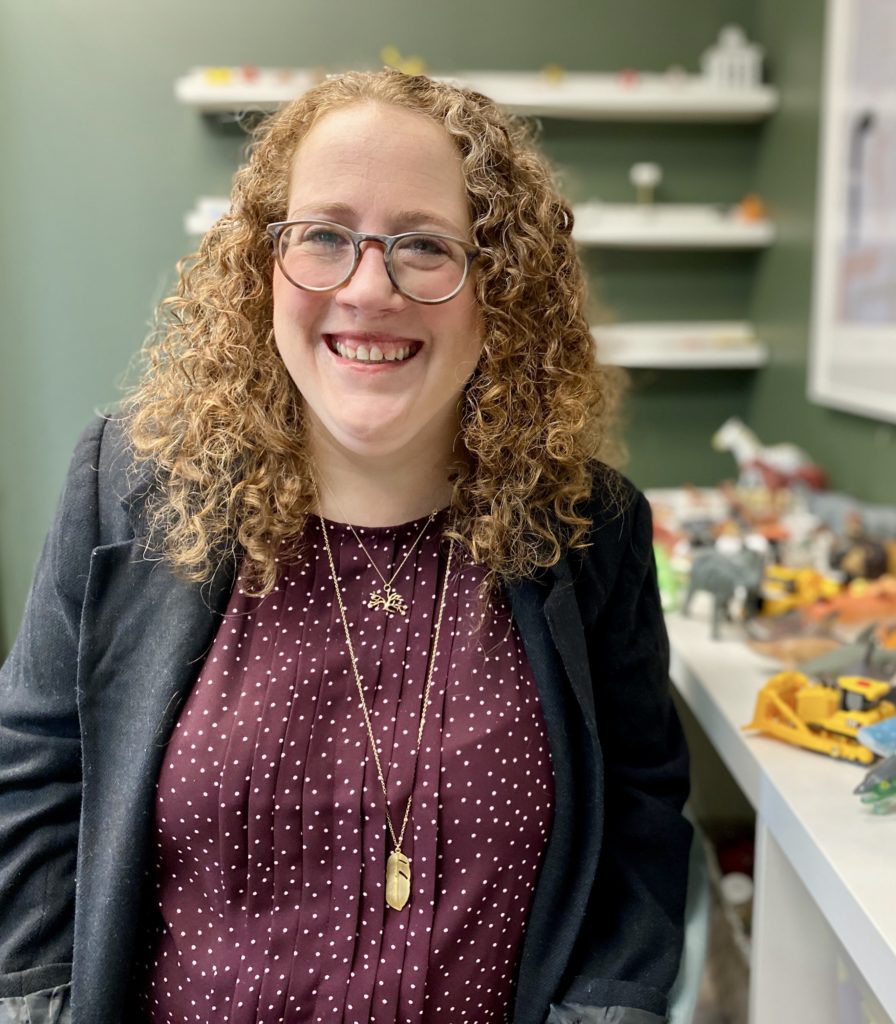
One more thing to remember: when you’re dealing with your kid’s mental health, always reach out for more help! Ask the school counselor or talk to a family therapist.






